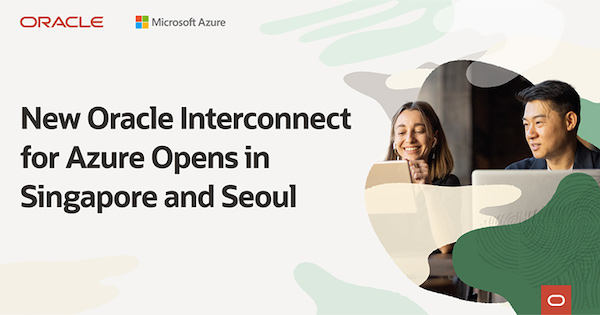One of the challenges mid-sized businesses have to face when expanding is making sure that their underlying process will support their new supply chain models and global operations. If you have an ERP system, you may have not chosen it with expansion in mind, and it might be limited. Using the wrong software could make it difficult or impossible to support your global operations plan. This is why you may need to consider switching solutions or evaluating if your current software will be able to support your needs. Here are a few things executives need to pay attention to make sure that their ERP software can handle global expansion.

Global or Regional Management
One of the first questions you’re going to need to answer is whether you want to run your operation as a collection of interconnected regional businesses or as an integrated global company. Management will need to be able to get a clear view of operations and inventory and ensure coordination between distribution and manufacturing.
The issue here is that many mid-sized businesses will need to make acquisitions to gain a foothold in their new markets and these might need to work with a different supply chain as your main operation. Functions like accounting could also be run locally.
There are various solutions here. You can decide to go for a completely regional model or a hybrid one where you run your main operation globally and your new acquisitions in a regional way. If that’s the case, you have to pick an ERP that can accommodate both scenarios.
At the end of the day, you want a system that will allow you to get information on your global operation as easily as for any regional location. You also want to be able to get a quick snapshot of how this regional location is affecting the big picture.
Support for Regional or Local Requirements in a Global ERP
Another thing you’ll have to consider when looking at an ERP is making sure that processes will be able to be standardized globally. For one, tax rules will differ depending on the region, and your ERP might not be compatible with some of the reporting measures in certain countries. This is why it would be wise to not only use the right ERP but consider working with a PEO on the ground to ensure compliance.
An international PEO solution like New Horizons Global Partners will be able to help you standardize your processes and make sure that you understand and can meet reporting requirements in any market you’re in. They can also help with taxes that are unrelated to payrolls, like corporate income taxes, digital transaction taxes, VAT, sales taxes, or GST. Also, they can provide you with a legal landscape of any market you’re thinking of entering and layout the compliance requirements that will be needed in any particular jurisdiction.
Possibility to Centralize or Decentralize Specific Processes
As you go, you may realize that some of your processes would be more efficient if you centralized or decentralized them. That could include things such as inventory control, materials planning, or order management. This could help enhance coordination between distribution and manufacturing shared between multiple product divisions and operating regions.
Or, you may need to decentralize some processes to meet your customers’ needs or issues proactively. We can think of things like invoicing, shipment, or order changes, for example. This is why you need an ERP that will be able to support certain process models both in a centralized and decentralized way.
Other Requirements to Consider
You also want an ERP that will support regional views in financial management. For instance, a manager in a different country should be able to access data in their language and currency, and the same set of data should be available to your corporate officers in English and dollars.
Also, many ERP vendors will not have the resources needed to support a global operation. Some may only provide support during certain hours. Many will also lack local expertise. These two factors mean that there will be more risks and costs associated with global deployment.
Another thing you need to look at in an ERP is scalability. You want your solution to be able to grow as your business does. You don’t want it to become an obstacle to expansion and want to make sure that it will be able to support more complexity as you go. Your ERP system should also be able to adapt to new processes or changes to established ones easily.
Choosing the right ERP solution is essential if you want to be able to keep track of your global operation and adapt to new processes. Not only does it have to meet your current requirements, but it’ll need to adapt to future requirements as you continue to gain market shares and add pieces to your current structure.







